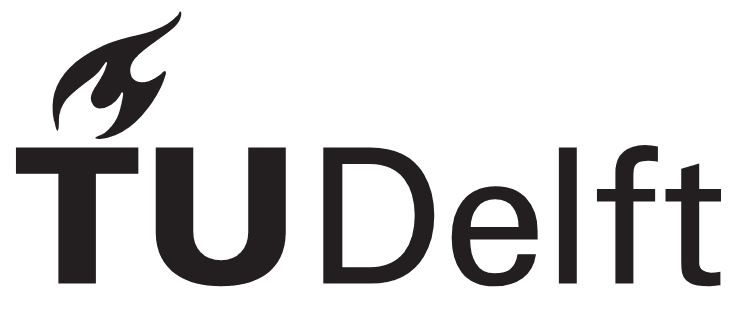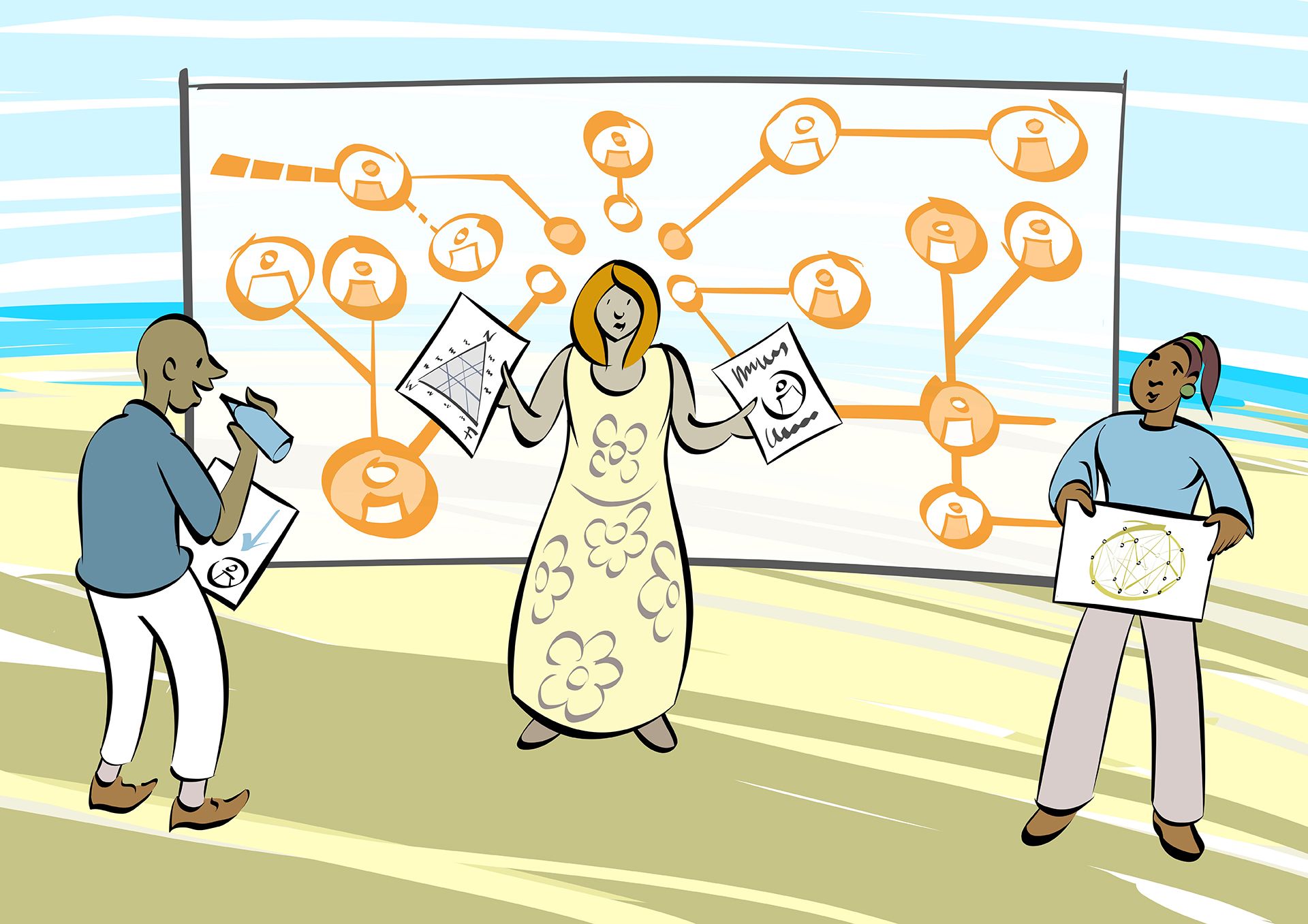Multi-stakeholder Strategies: Analysis for Winning Coalitions
This online course will equip you with a toolkit to enable informed decisions and smarter actions in dealing with others.

IHE Delft Institute for Water Education and Tu Delft

IWA members get 10% discount on this course
Starts
May 06, 2025
Language
EnglishCertification
Professional Education CertificateCourse Type
OnlineMember fee: €535.50
Standard fee: €595.00
Course Description
How do you deliver results in multi-stakeholder partnerships? How do you navigate through a political minefield? How do you make best use of your network?
This online course will equip you with a toolkit to enable informed decisions and smarter actions in dealing with others.
Through a clearer understanding of the network environment in which you operate, you will be able to design more effective strategies for dealing with the multiple stakeholders who are crucial to your organization's success. The result will be a significant reduction in the risk of delays, of cost overruns and failures, which will allow you to reap benefits from strategic partnerships.
The actor and strategy models that are taught in this course, enable you to assess the key issues at stake, and to develop strategic scenarios to anticipate opportunities and challenges in your stakeholder environment. They allow you to determine what network linkages are missing or need strengthening, to identify arguments that might convince others, and to think about credible threats and promises as part of a negotiation strategy.
You will apply a mix of tools and models to real-world problems, including your own case. Models covered are social network analysis, comparative cognitive mapping, cooperative and non-cooperative game theory. Feedback and advice will be provided by course instructors.
IWA Members can avail a 10% discount on the ConnectPlus platform (Please note that the IWA member discount of 10% is only valid for the full programme and not individual courses).
Course Audience
This course is primarily geared towards working professionals.
Learning Objectives
- Explain and anticipate actor strategies in complex environments based on a coherent conceptual framework
- Apply different actor and strategy models to sharpen your understanding of multi-stakeholder environments
- Develop strategies that increase the chances of success in building winning coalitions and effective partnerships.
Content and Schedule
Topic 1: Introduction
Introduction to the course and the participants. Opportunity to refresh basic knowledge of stakeholder mapping techniques (optional).
Topic 2: Framework
Conceptual framework for strategic actor interactions
Key concepts to explain strategic actor behaviour Overview of actor models to sharpen your understanding of your actor environment Reflection on usefulness of actor models for design of effective strategies
Topics 3 and 4: Models
Participants select two modelling approaches, out of a total of four available modules:
Social network analysis (structure of networks and managing relations) Comparative cognitive mapping (perceptions and building winning arguments. Non-cooperative game theory (conflict analysis and shaping the space of probable outcomes) Cooperative game theory (coalition analysis and sharing rewards of cooperation)
Each module will cover the same elements:
When and why to use this modelling approach Basic analytical concepts used in the model Stepwise approach to applying the model Application of the model to a real-world problem, and implications for action
Course participants are required to cover at least two models and can cover more if they wish. The real-world problem used in Topics 3 and 4 will be the same for each model. It concerns the issue of nature-based flood defenses in the Netherlands, using footage and interviews with real actors, involved in the "BE SAFE" research project, a collaboration between TU Delft, NIOZ, University of Twente, Deltares, HKV, Rijkwaterstaat, Staatsbosbeheer, Ecoshape, Boskalis, Van Oord, World Wildlife Fund, Natuurmonumenten, It Fryske Gea and HZ University of Applied Sciences.
Topic 5: Modelling your own case
Course participants can work individually on a case of their own. They can also work in small groups if they prefer and are willing to share insights into the environments from one of the participants. They will apply one the previous models to analyze their case and formulate a strategy.
-Identification of case topic and associated modelling approach. Concise work plan (using a preformatted sheet) and feedback -Model construction and analysis -Thinking through scenarios and strategies -Feedback from course teachers
Learning Format
Related IWA Specialist Groups
Water Security and Safety Management
The Water Security and Safety Management SG focuses on developing water resilience, particularly in large cities, to ensure sustainable access to quality water amidst population growth and climate change challenges. Active security involves human response and operational procedures, while passive security relates to infrastructure resilience and maintenance. Technology plays a crucial role, along with governance and interdependent urban networks. Case studies and post-disaster reports will be analyzed and promoted to enhance preparedness and mitigate potential disasters, emphasizing the importance of proactive measures in achieving water security.